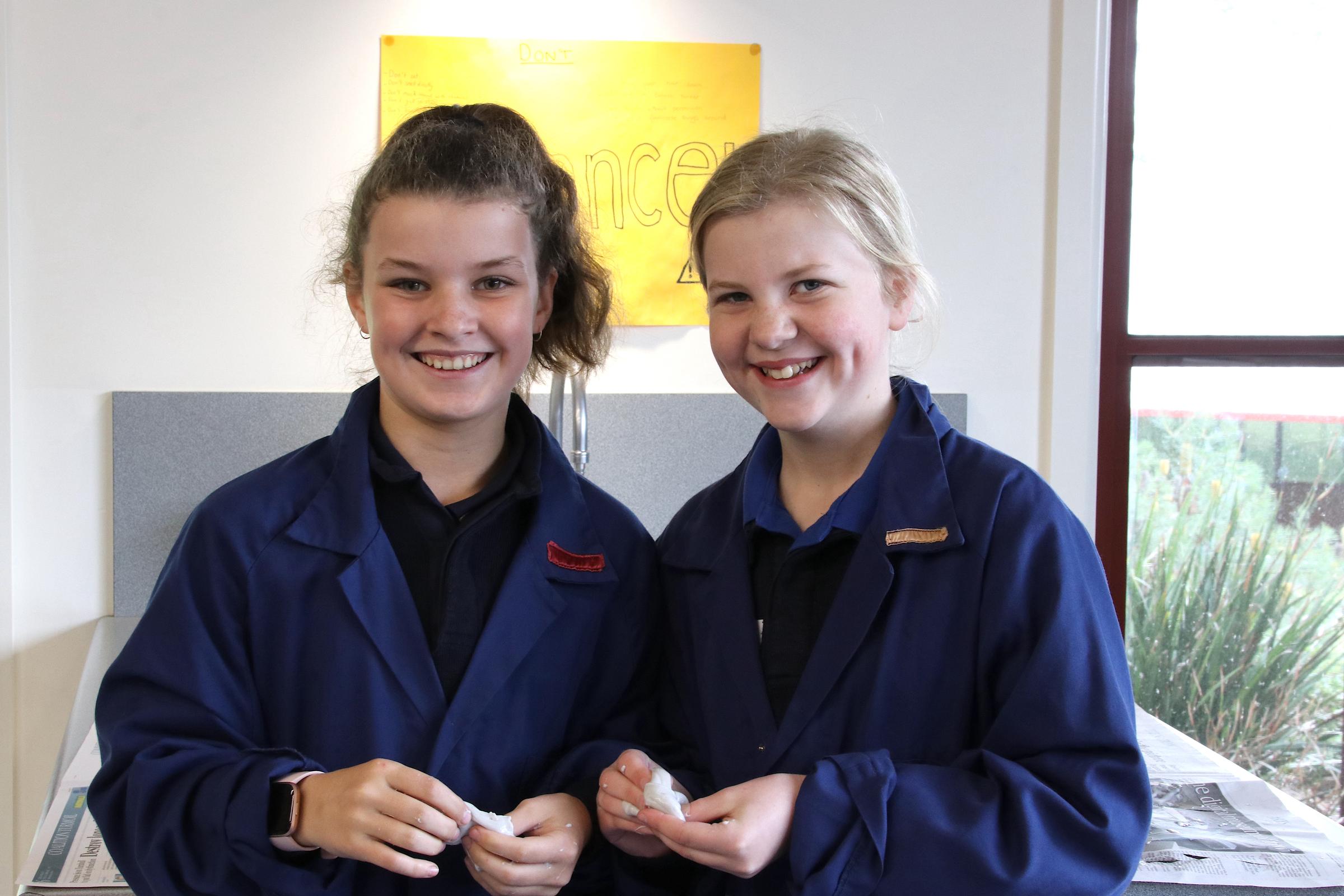Deputy Principal, Teaching and Learning

Learning for Life
“The alarm about skills gaps – the inability to find suitable skilled worked to fill roles – is sounding right now.”
Peter Thomas director of FORWAD The RMIT Centre for Future Skills and Workforce Transformation
A story about skills gaps and what we should do about them. | RMIT FORWARD (medium.com)
The increasing need for composite skillsets is what is driving the future of work. Thomas writes:
“In the face of a global population expected to swell to 8.5 billion by 2030, not only will we need to fill existing gaps in the workforce, but also build capacity for the future — whether this is more healthcare workers to care for an ageing population; and (despite the increasing use of technology in the classroom) more teachers — perhaps as many as another 69 million; or more childcare workers — the carers of nearly 350 million children below primary school age do not have adequate access to childcare services.In digital skills areas like cybersecurity or cloud computing, the alarm is sounding pretty loudly, too. Still, in any sector with technology as its backbone — which now includes almost every sector — there is a widening skills gap.”
We need our young people to develop skills that allow them to be flexible, creative, collaborative and be open and willing to learn on the job. According to Thomas, very few jobs now have the single focus of a heart surgeon for example. Employers are looking for people who can use technology and problem solve. Attitude is everything – the ability to learn fast and contribute to the team is crucial. And one of the most fascinating skills that is more difficult to define is the imagination. The imagination, paired with creativity reflects what future employers will be seeking.
So, what does this mean for young people in schools? Specifically, what does it mean for our students selecting subjects in the final three years of secondary schooling? I would encourage our College students and parents to think about Years 10-12 as a period to invest in ‘learning’ for life.
This might mean:
- Working consistently
- Studying a subject to refine your skills
- Learning in an area that you are passionate about
- Developing the right attitude to learning hard things
- Trying to connect with peers, to discuss and question new content
- Nurturing the imagination to see the world differently
- Being willing to adapt and change
Our young people have emerged from the pandemic with a new skillset that has seen them pivot and adapt quickly. As we navigate the new normal, we are all learning how to reconnect and imagine our future as one that is better and brighter. I urge you to help your child/ren as they prepare to Emerge into the next stage of their learning journey.
Susan Bradbeer
Deputy Principal, Teaching and Learning
